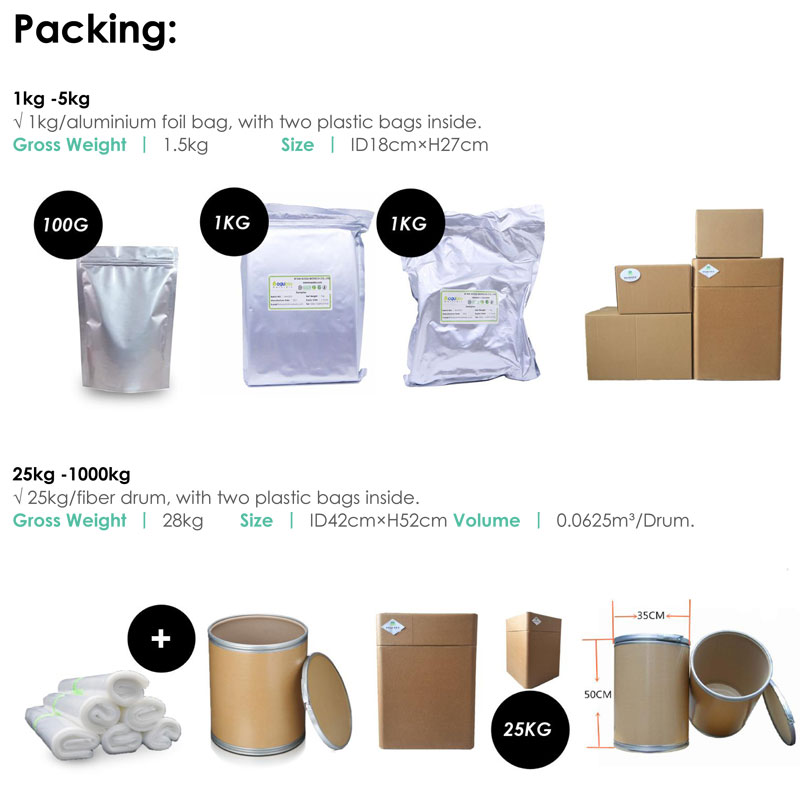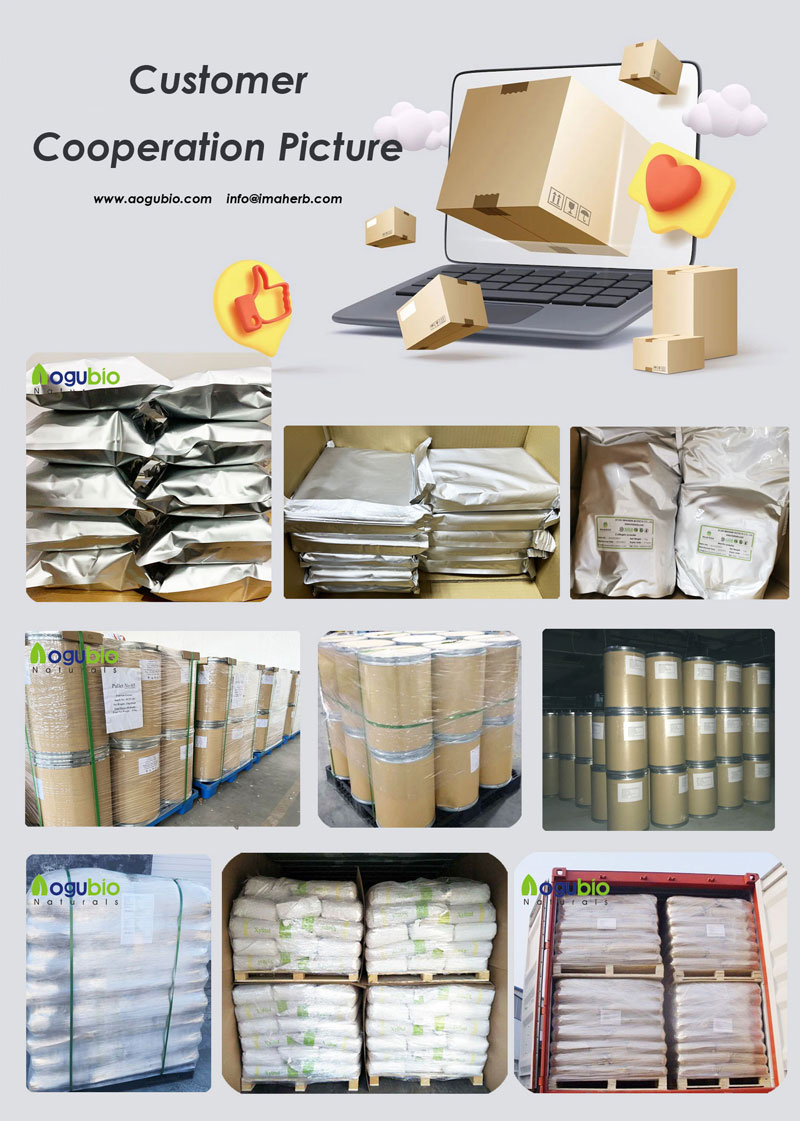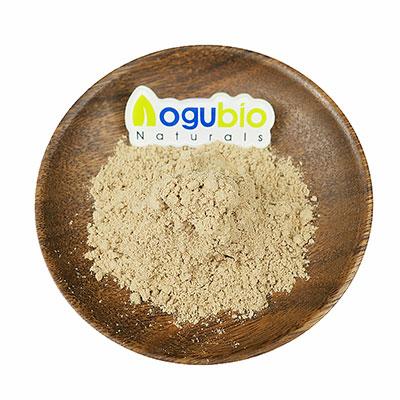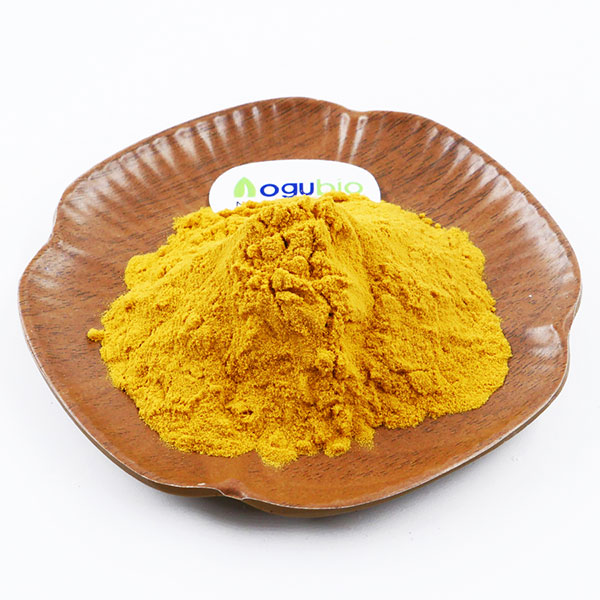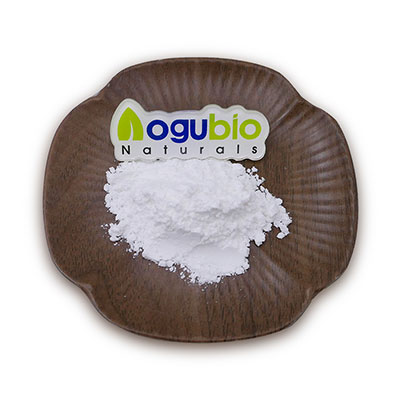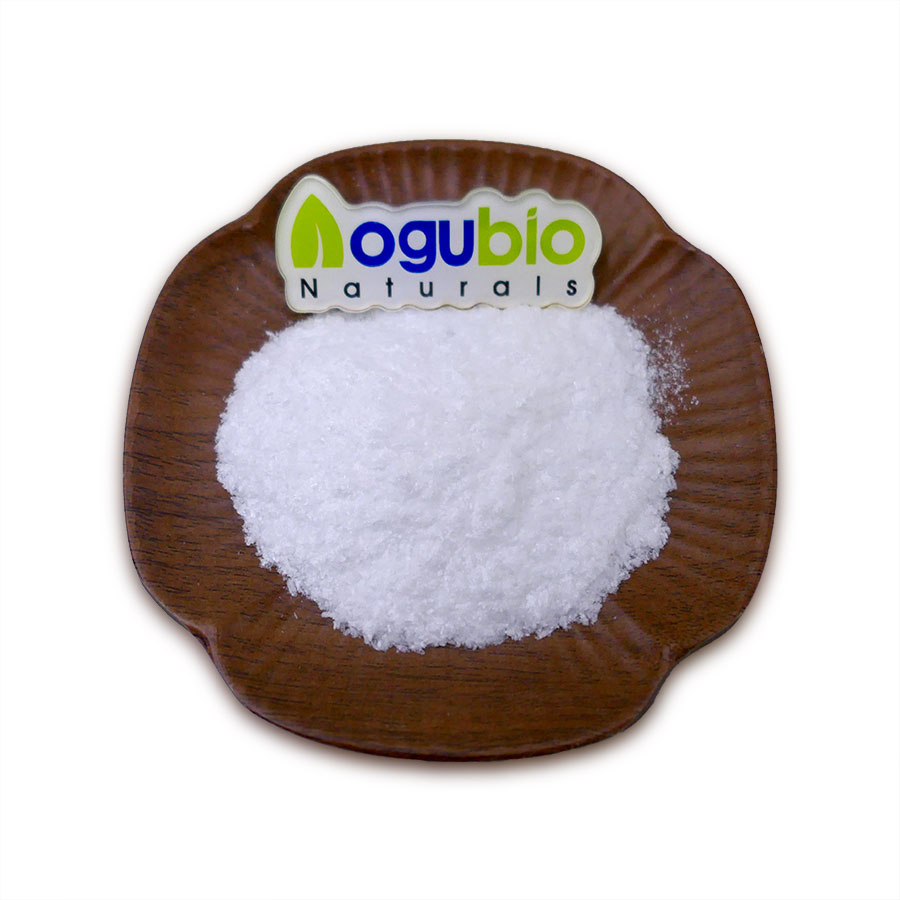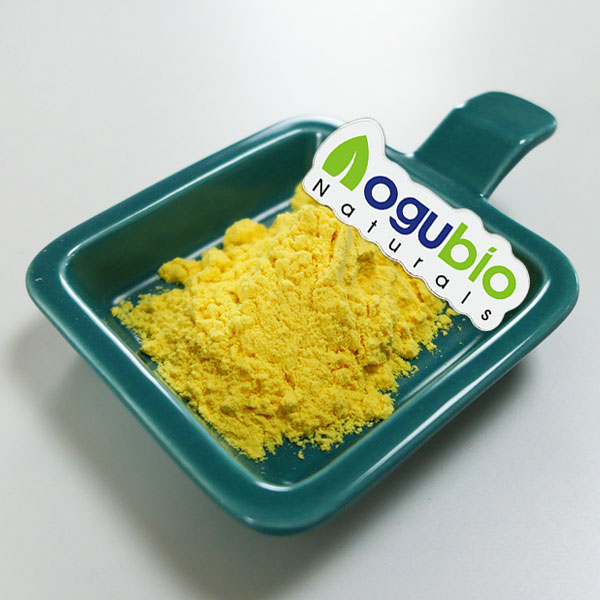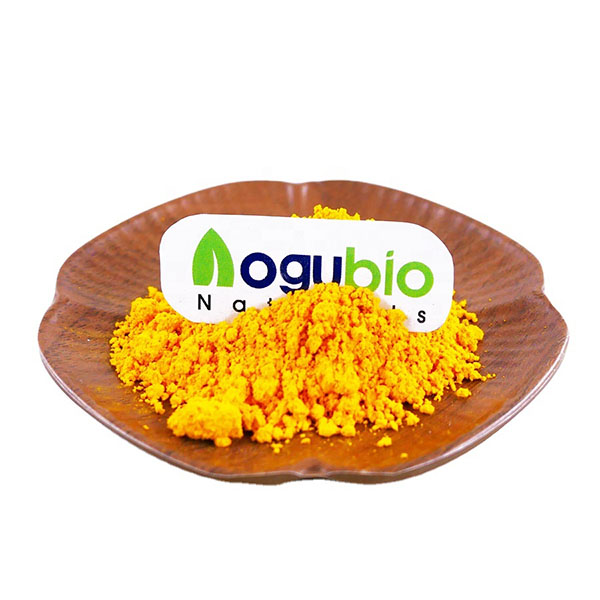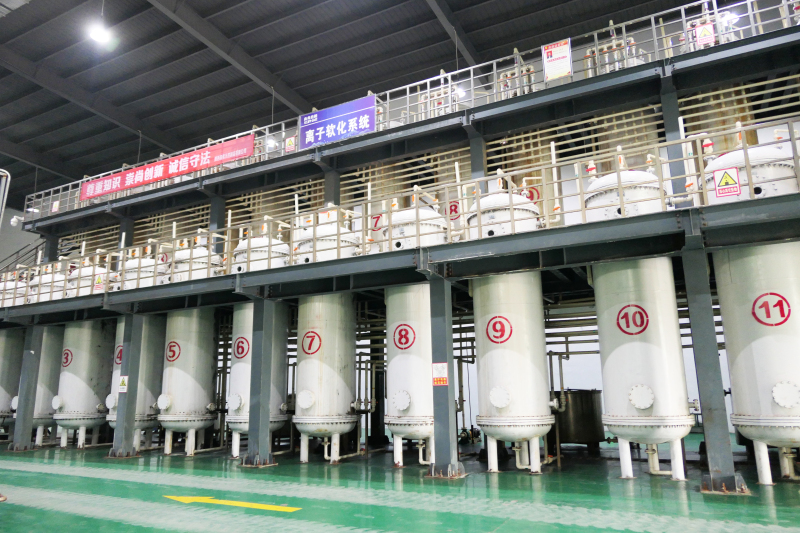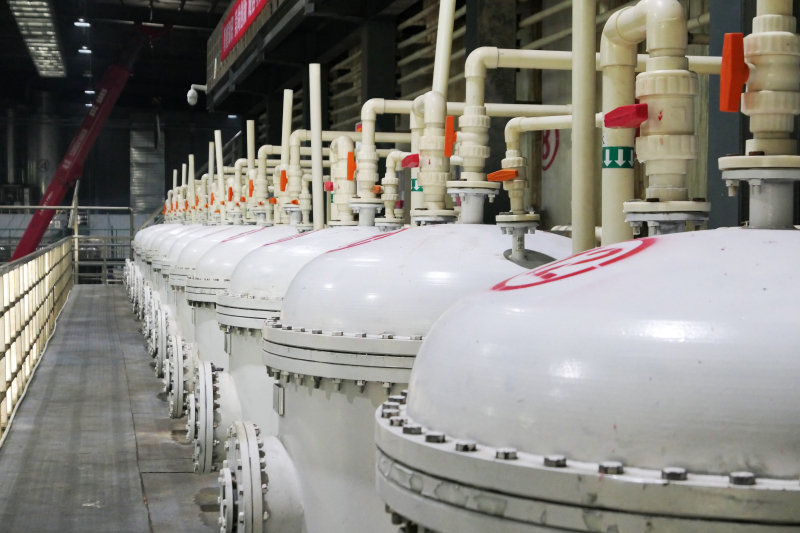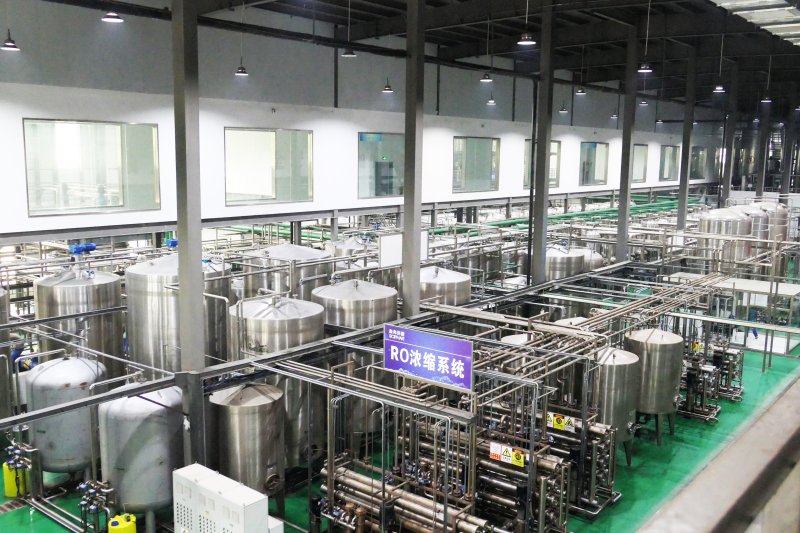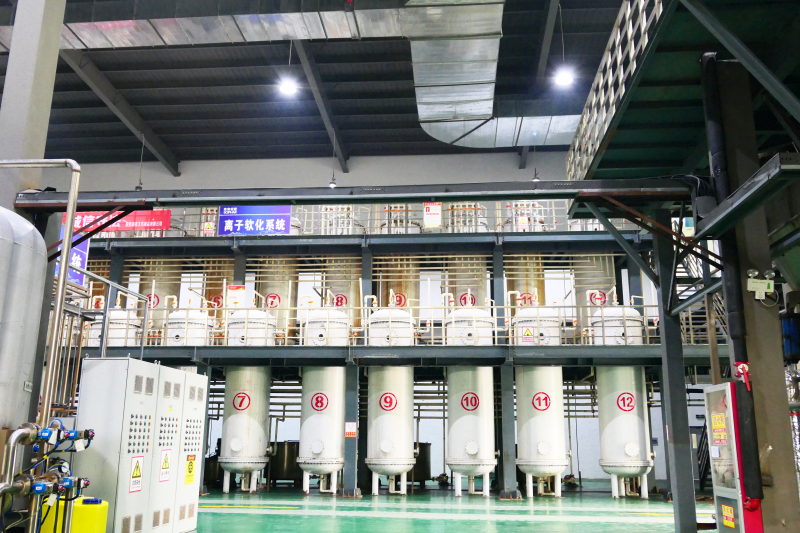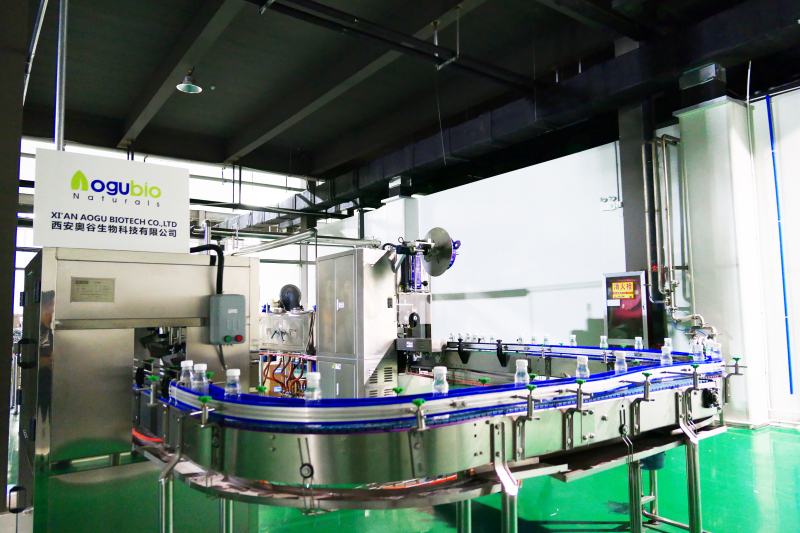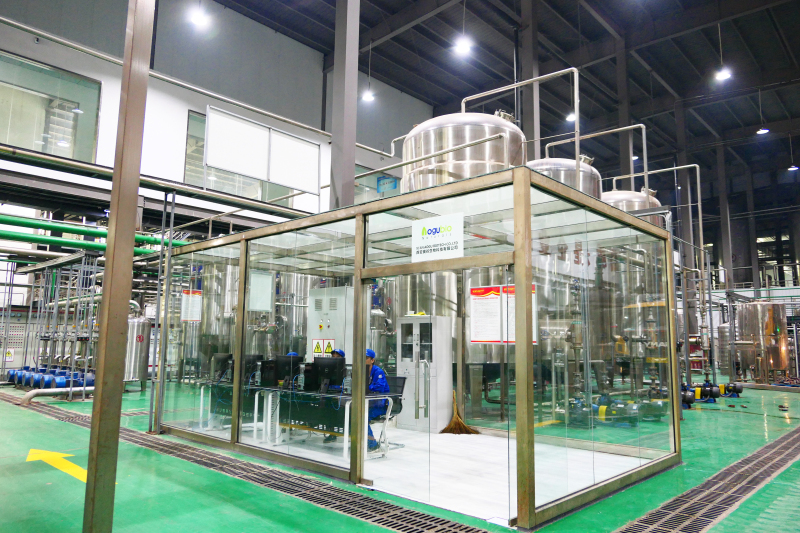“Alpha Arbutin vs. Hydroquinone: Which is the Safer and More Effective Option?
Alpha Arbutin vs. Hydroquinone: Which is the Safer and More Effective Option?
In the pursuit of achieving a brighter and more even complexion, many individuals turn to various skincare ingredients and products. One popular ingredient that has gained considerable attention in recent years is Alpha Arbutin. Often compared to hydroquinone, Alpha Arbutin is a prominent choice for those seeking an effective skin lightening solution without the potential risks associated with its counterpart.
Alpha Arbutin is a naturally occurring compound found in certain plant extracts, such as bearberry, cranberry, and blueberry. It is widely celebrated for its remarkable skin brightening and whitening properties. Aogubio, a specialized company in the production and distribution of pharmacologically active substances, raw materials, and plant extracts, recognizes the potential benefits of Alpha Arbutin and offers various products containing this powerful ingredient.
Aogubio's dedication to providing high-quality nutraceuticals for supplement production, as well as products for the pharmaceutical, food, nutritional, and cosmetic industries, makes them a trusted source for those looking to incorporate Alpha Arbutin into their skincare regimen. Let's delve deeper into the world of Alpha Arbutin and explore its advantages over hydroquinone.
To understand why Alpha Arbutin is considered a safer alternative to hydroquinone, it is essential to comprehend how these ingredients function. Both Alpha Arbutin and hydroquinone possess skin lightening properties, as they effectively inhibit the activity of tyrosinase, an enzyme responsible for melanin production. However, their mechanisms of action differ significantly.
Hydroquinone has long been employed in skincare products for its potent skin lightening effects. However, concerns regarding its safety have arisen due to the potential risk of damaging melanocytes, the cells responsible for producing melanin. Prolonged use or misuse of hydroquinone may lead to irreversible depigmentation and other adverse effects. This highlights the importance of exploring safer alternatives, such as Alpha Arbutin.
The benefits of Alpha Arbutin stem from its reversible inhibition of melanin production. Unlike hydroquinone, Alpha Arbutin inhibits tyrosinase without posing a significant threat to melanocyte viability. This means that it can effectively lighten the skin without causing permanent damage or interference with the natural pigmentation process. The reversible nature of Alpha Arbutin makes it a safer choice for long-term use, providing individuals with peace of mind and confidence in their skincare routine.
Additionally, Alpha Arbutin offers other advantages over hydroquinone. One notable benefit is its stability in formulations. Unlike hydroquinone, Alpha Arbutin is not as sensitive to light, heat, or pH levels, making it a more versatile and reliable ingredient for skincare products. This allows consumers to enjoy the benefits of Alpha Arbutin without concerns about product efficacy being compromised under various conditions.
Furthermore, Alpha Arbutin is a multifunctional ingredient that not only brightens the skin but also possesses antioxidant properties. This means that it shields the skin against environmental aggressors, reducing the risk of premature aging and promoting overall skin health. The additional antioxidant benefits of Alpha Arbutin make it a valuable ingredient in the fight against free radicals and oxidative stress.
As mentioned earlier, Aogubio specializes in products catering to the needs of various industries, including cosmetics. Their extensive knowledge and experience in the production and distribution of pharmacologically active substances, raw materials, and plant extracts position them as a reliable partner when it comes to incorporating Alpha Arbutin into skincare products. Aogubio's commitment to quality ensures that their customers receive the most efficacious and safe formulations containing this sought-after ingredient.
In conclusion, when considering the choice between Alpha Arbutin and hydroquinone for achieving a brighter and more even complexion, it is essential to prioritize safety and long-term viability. Alpha Arbutin, available through companies like Aogubio, offers a safer alternative to hydroquinone with its reversible inhibition of tyrosinase and minimal risk to melanocyte health. Furthermore, Alpha Arbutin's stability and additional antioxidant properties make it an attractive option for those looking to address multiple skin concerns while achieving a radiant and youthful complexion. Trust in Alpha Arbutin and embrace the possibilities it holds for your skincare journey.
n.
Products Description
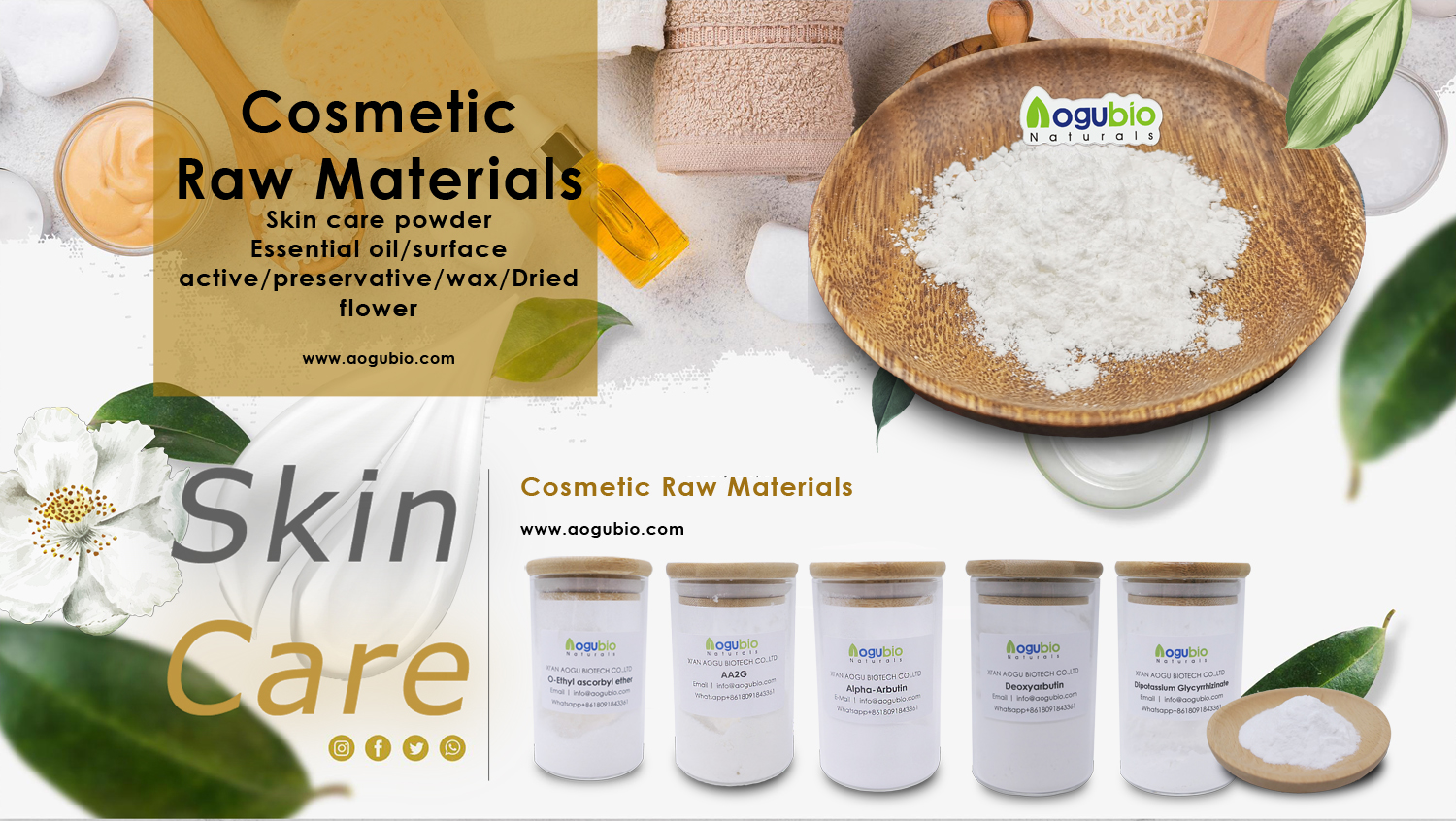
Alpha-Arbutin (4- Hydroxyphenyl-±-D-glucopyranoside) is a pure, water soluble, biosynthetic active ingredient. Alpha-Arbutin blocks epidermal melanin synthesis by inhibiting enzymatic oxidation of Tyrosine and Dopa. Arbutin appears to have fewer side effects than hydroquinone at similar concentrations – presumably due to the more gradual release. It is the more effective, faster and safer approach to promoting skin-brightening and an even skin tone on all skin types. Alpha-Arbutin also minimizes liver spots and meets all the requirements of a modern skin-brightening and skin depigmentation product.
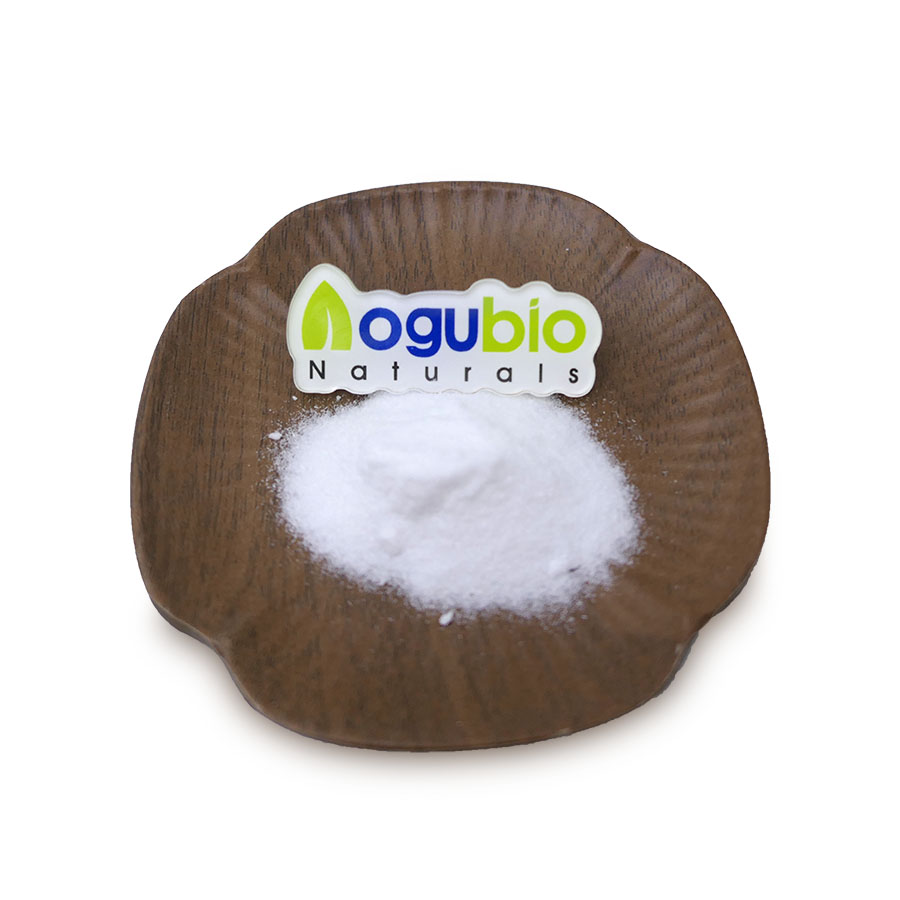
This product is a cosmetic product intended for use on the skin only. Alpha arbutin is not approved for ophthalmic use (use in the eyes) and this ingredient should not be used in products intended to be placed in the eyes!
INCI: Alpha-Arbutin
Shipping Information: HS Code 2907225000
Disclaimer:
Statements contained herein have not been evaluated by the Food and Drug Administration. This product is not intended to diagnose, treat and cure or prevent disease. Always consult with your professional skin care provider.
Formulation Guide
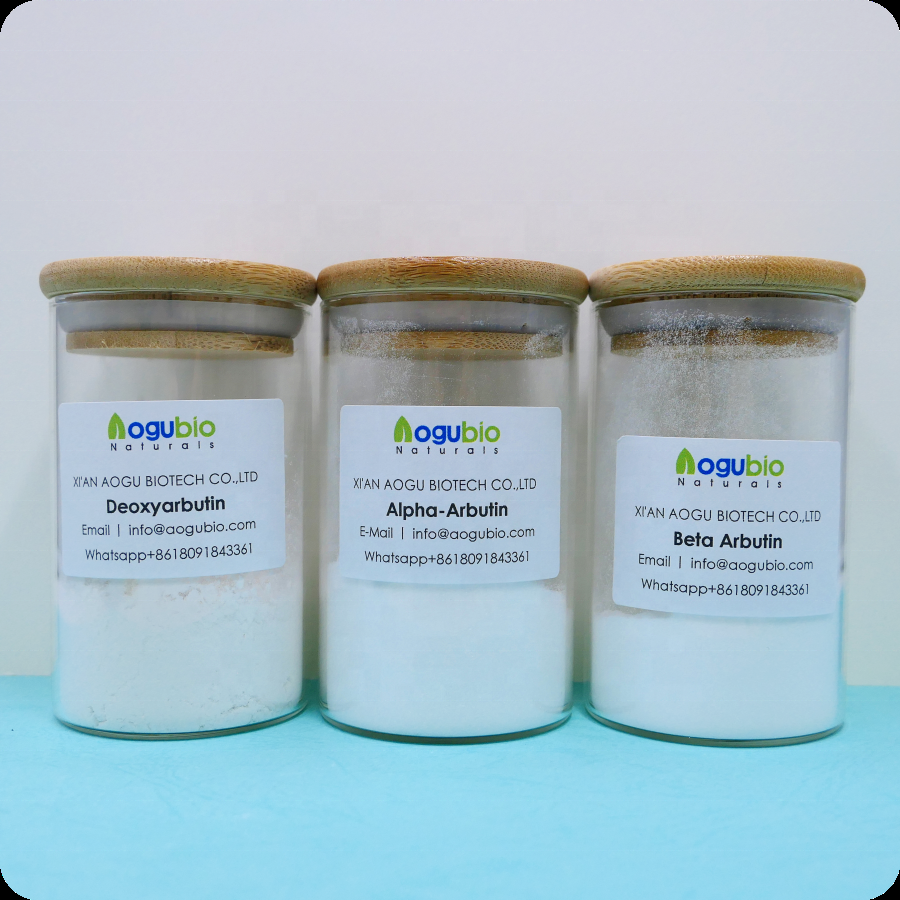
- Alpha-Arbutin is water soluble and easily incorporated into the water phase of cosmetic formulations. It should be processed at a maximum temperature of 40°C and is stable against hydrolysis as tested in the pH range from 3.5 – 6.6. Suggested concentration: 0.2% when formulated with an exfoliant or penetration enhancer, otherwise up to 2%.
- Recommended Usage Rate: 0.2 – 2%
- Appearance: White crystalline powder
- Manufacturer: DSM Nutritional Products Ltd.
- Solubility: Soluble in warm or cold water

